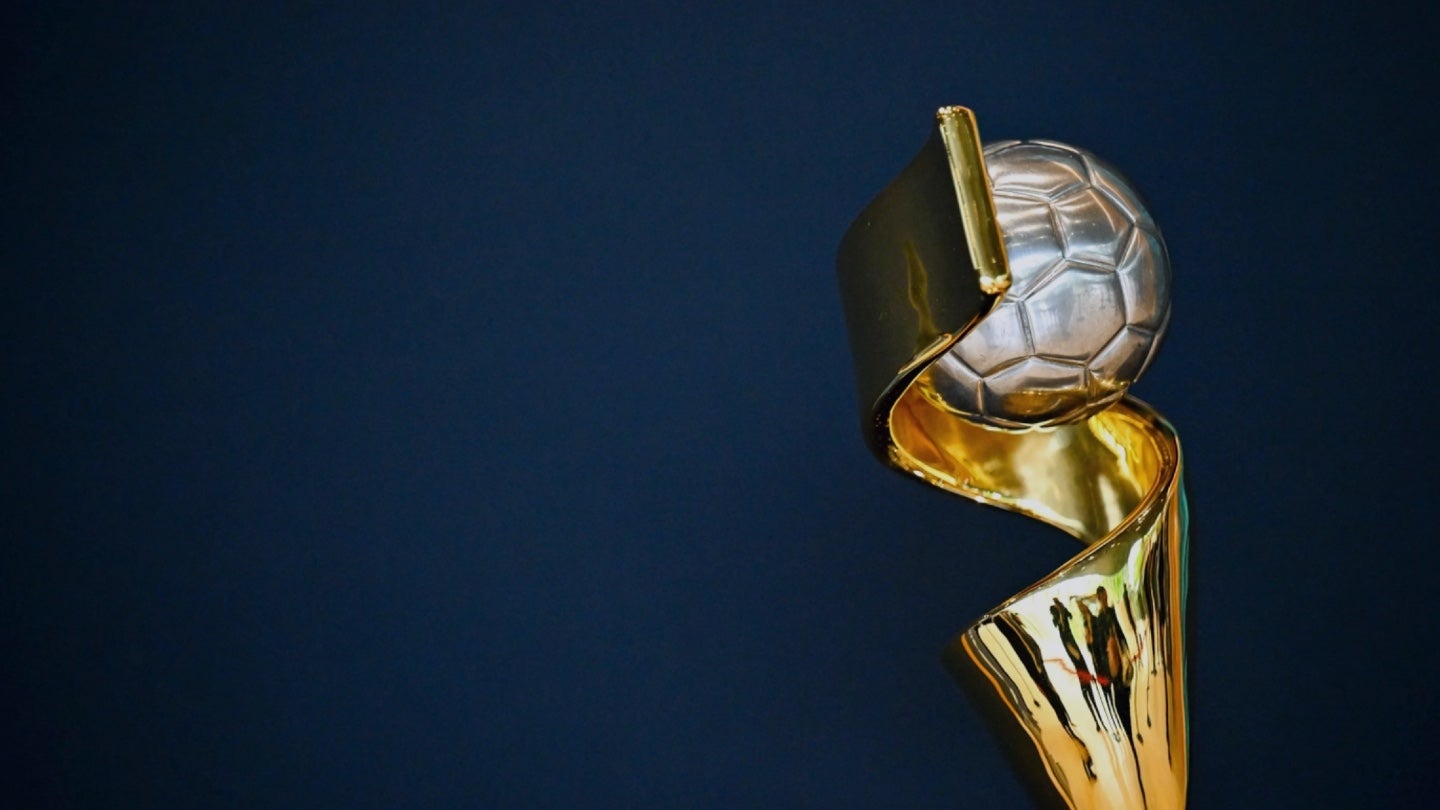
Free-to-air (FTA) rights covering this year’s FIFA Women’s World Cup (WWC) soccer tournament have been snapped up by the regional Pacific Cooperation Broadcasting Limited (PCBL) entity.
Over the next month, PCBL – a New Zealand government initiative aimed at supporting Pacific free-to-air broadcasters – will distribute the tournament to 24 FTA broadcasters across the various Pacific islands through carriage deals.
FIFA has said the tie-up “will ensure that at least one match per day will be available for free in each of the territories.”
The FIFA Women’s World Cup 2023 is taking place in Australia and New Zealand between July 20 and August 20. Due to the location, games will take place at relatively friendly time slots for broadcasters in the Pacific islands.
The agreement covers the following territories, none of which have qualified for the tournament: the Cook Islands, the Solomon Islands, Kiribati, the Federation States of Micronesia, Nauru, Niue, Palau, Samoa, Tonga, Tuvalu, Vanuatu, French Polynesia, New Caledonia, Wallis and Futuna, Fiji, Papua New Guinea, and American Samoa.
This is the first WWC to take place in Oceania, the first to be played across two countries, and the first to feature 32 teams (up from 24 in France in 2019).

US Tariffs are shifting - will you react or anticipate?
Don’t let policy changes catch you off guard. Stay proactive with real-time data and expert analysis.
By GlobalDataSarai Bareman, chief women’s football officer at FIFA, said: “We are delighted to work with Pacific Cooperation Broadcasting Limited to ensure that all fans across the Pacific region can follow the matches live from the Women’s World Cup.
“This is the first time the tournament will be taking place in Oceania, so it is a great opportunity for soccer fans of all ages to be inspired by the greatest names in our sport, competing in women’s soccer's premier competition, in a time zone where they can watch all the action unfold in the early to late evening.”
Meanwhile, the chief content officer at the UK’s BBC public service broadcaster has said the network is “absolutely committed” to buying WWC rights.
With little over a month to go before the tournament starts, the UK is one of a large number of key European markets in which no coverage deal has been struck.
Although a joint bid by the BBC and commercial broadcaster ITV for the tournament rights has been widely reported as coming, no official announcement has been made. As things stand, no games will be available via regular television to a UK audience.
For the WWC four years ago, the BBC held exclusive rights. England are considered one of the tournament favorites after winning the UEFA Women’s European Championship last year.
Chief content officer Charlotte Moore has now told a UK government select committee that “we would all share the intention to get these things nailed down because for productions it's incredibly important.”
She said: “We really look at fair value for everything that we do, and the BBC has a strong track record in paying absolutely the right price for things.
“As I say, we're market-assessing and audience-assessing and looking at the variants for each bid that we put in, and that's our promise to the audience and to license fee payers.
“I think we would all share the intention to get these things nailed down because for productions it's incredibly important, so I think it's in everybody's interests to sort these things out.
“But I can't comment on commercial negotiations that would obviously affect those decisions. We're absolutely committed.
“We are doing everything we can to make sure that we obtain the rights for as much of women's sport as we can within the budget and the funding envelope that we have, and we make those decisions across the year.
“We go into negotiations at the right time when those bids come up and we have to go through a system. But we don't always dictate the speed of that financial situation.”
This is the first WWC for which FIFA has unbundled the rights from those of the men’s tournament, meaning broadcasters have to bid for the event on its own terms. However, it is less commercially attractive than it might be due to matches being played at unfavorable times for European audiences.
In May, FIFA’s president Gianni Infantino said the offers so far received from the European markets of the UK, Spain, Italy, Germany, and France, were “disappointing” and represented a “slap in the face” of “all women worldwide.”
Infantino said that broadcasters in those markets had only offered between $1 million and $10 million for the rights, as opposed to between $100 million and $200 million for the men’s World Cup.
On May 31, government ministers responsible for sport in the five European countries listed above signed a letter putting pressure on media outlets to pick up the rights.
Both the WWC and the Women’s Euros were added last year to the UK’s list of 'crown jewel’ sporting events, which require some level of FTA coverage because of that status.
For the 2019 WWC, FIFA secured around $300 million in TV rights revenue, while the men’s competition last year generated just under $3 billion.
For the 2023 event, domestic rights have been secured by Optus in Australia and by Sky NZ in New Zealand, while deals have also been struck in the Netherlands, Poland, the Nordics, and the US.
Last week, FIFA announced that ticket sales for this year’s WWC have passed the number sold for France 2019.



